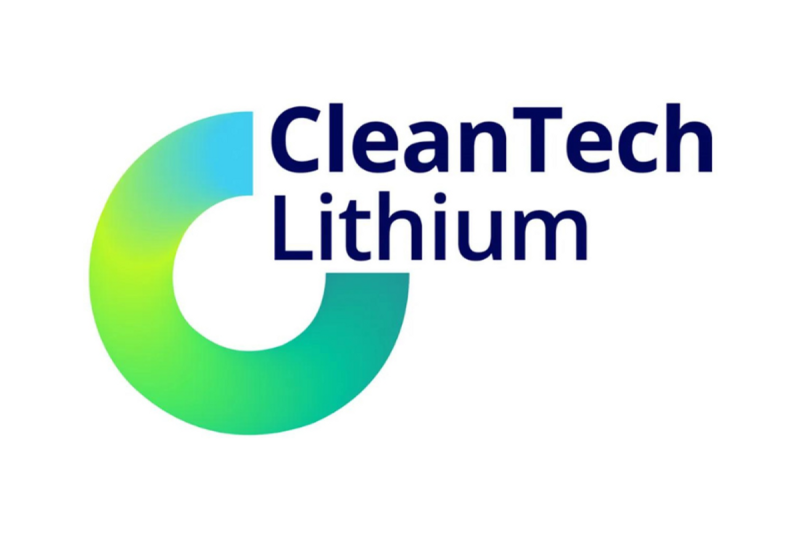The recent endorsement of the Laguna Verde project by an indigenous community leader at a key mining seminar in Santiago, Chile, marks a significant development in the relationship between mining companies and local communities. This event sheds light on the complex dynamics at play in the mining industry, particularly in regions with a rich indigenous heritage.
Firstly, the involvement of an indigenous community leader in endorsing the Laguna Verde project reflects a shifting paradigm in the traditional power dynamics between corporations and local stakeholders. Historically, mining projects have often been met with resistance from indigenous groups due to concerns over environmental degradation, cultural preservation, and land rights. However, the public endorsement of the Laguna Verde project by a respected community leader signals a willingness to engage in a more collaborative and inclusive approach to resource extraction.
Moreover, the endorsement of the Laguna Verde project highlights the importance of meaningful consultation and engagement with indigenous communities in the development of mining projects. By publicly supporting the project, the indigenous community leader not only legitimizes the efforts of the mining company but also signals a level of trust and cooperation between the two parties. This endorsement can help foster greater transparency, communication, and mutual understanding between all stakeholders involved in the mining process.
Furthermore, the endorsement of the Laguna Verde project at a key mining seminar in Santiago underscores the broader socio-economic impact of mining activities on local communities. While mining projects have the potential to generate significant economic benefits, they must be implemented in a responsible and sustainable manner to ensure the well-being of all stakeholders, including indigenous communities. The endorsement by the community leader can be seen as a step towards ensuring that the benefits of the project are equitably distributed and that the concerns of the local community are adequately addressed.
In conclusion, the public endorsement of the Laguna Verde project by an indigenous community leader in Santiago, Chile, represents a positive development in the relationship between mining companies and local communities. This event underscores the importance of meaningful consultation, engagement, and collaboration with indigenous groups in the development of mining projects. By working together in a spirit of cooperation and mutual respect, mining companies and indigenous communities can create a more sustainable and inclusive approach to resource extraction that takes into account the environmental, social, and cultural considerations of all stakeholders involved.
